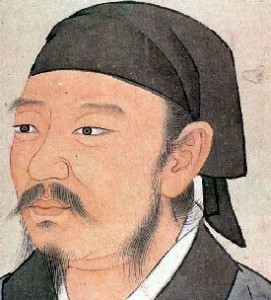Time is our most precious asset, but it is increasingly the reserve of the privileged few. Arguing that the dichotomy of “work” and “leisure” no longer applies in the modern age, Guy Standing proposes a new progressive politics of time, seeking to move beyond regulations on labour hours and to combat the rise of the panoptican state. Too often, politicians, commentators and social scientists divide time into a dualism of ‘work’ and ‘leisure’, with work defined as what is done for an income, in ‘jobs’, while leisure is whatever time exists outside of this. So, if weekly hours in a job go down, leisure is automatically presumed to go up. This presumption is wrong. It ignores all the unpaid work that people choose to do, such as care for their children or elderly relatives, or work in the community. More importantly, it ignores the unpaid work that people are obliged to do, by employers or by the state, that is driving the growing inequality of time.In dis…
Read the full article which is published on IAI TV (external link)





:max_bytes(150000):strip_icc()/dotdash_Final_Extrinsic_Value_Curve_Apr_2020-01-010f32375f534dd78b2b8af044b8e65d.jpg)
